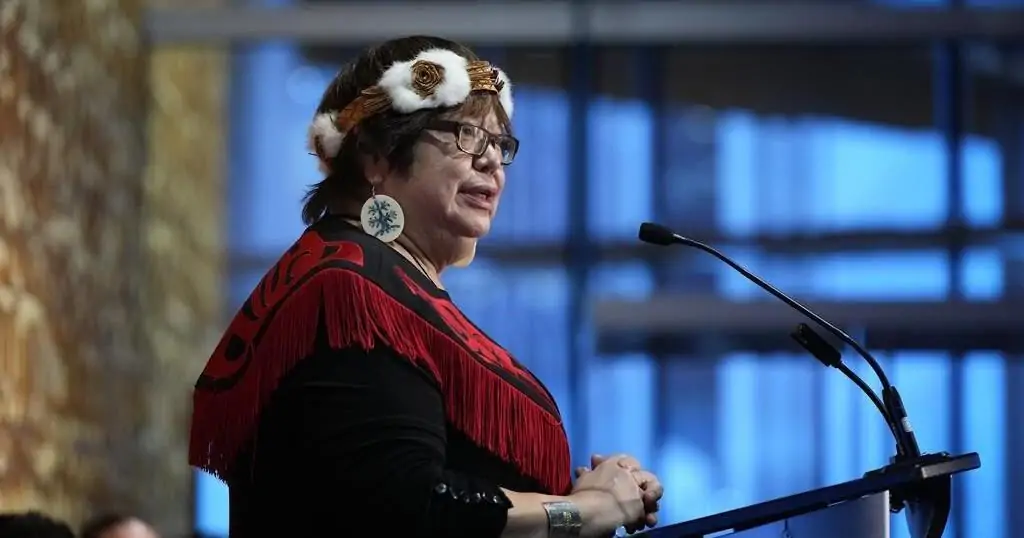Canada is giving small businesses in Canada more time to pay back emergency loans offered during the COVID-19 pandemic, Prime Minister Justin Trudeau announced Thursday.
The Liberals have decided, after consistent calls from businesses, to give them another year to pay back their Canada Emergency Business Account (CEBA) loans, despite previously taking the position that repayment deadlines were “final and cannot be changed.”
“We know that some need a bit more runway,” Trudeau said.
Groups across Canada representing hundreds of thousands of small businesses have been pleading with the federal government to grant them an extension, ideally a two-year grace period and the ability to maintain access to the forgivable portion of their loans.
The federal government created CEBA early in the pandemic as one of a suite of financial aid measures aimed at keeping businesses afloat in the face of forced closures and health restrictions.
Offering initially up to $40,000 to small businesses and non-profits that have experienced a loss of revenue due to COVID-19, an expansion was then granted, seeing businesses able to apply to receive up to $60,000 interest-free loans.
Open for applications between April 2020 and June 2021, the loans were approved for 898,271 businesses, totalling $49.2 billion in federal assistance.
In January 2022, in the wake of the Omicron variant surge and new restrictions, the Liberals announced they would be extending the repayment deadline by a year to the end of 2023. This meant that eligible businesses “in good standing” would have until Dec. 31, 2023 to repay and be eligible for debt forgiveness of one-third—up to $20,000—of their loan.
According to background provided by Deputy Prime Minister and Finance Minister Chrystia Freeland’s department, the repayment deadline for CEBA loans to qualify for this partial loan forgiveness is only being extended by a couple of weeks, from Dec. 31, 2023, to Jan. 18, 2024, “recognizing that the end of December is a busy time for many Canadian businesses.”
Or, if businesses make a refinancing application with the financial institution that provided their CEBA loan by Jan. 18, 2024, the repayment deadline to benefit from the partial loan forgiveness extends until March 28, 2024.
When the initial extension was announced, the government said outstanding loans after the 2023 deadline would be converted to two-year term loans with a five per cent interest rate, starting on Jan. 1, 2024, with the loans due in full by Dec. 31, 2025.
Now, small businesses that are not in a position to pay back their CEBA loan in time to benefit from the partial loan forgiveness have until Dec. 31, 2026 to pay their loan back in full.
The Canadian Federation of Independent Business (CFIB) was quick to say it was “disappointed” with the announcement, calling it “not good enough.”
“It is helpful that the government has given business owners an additional year to repay the full balance of the loan, but the plan misses the most central issue – the loss of the forgivable portion,” said CFIB president and CEO Dan Kelly in a statement. “We need a redo.”
The NDP, local chambers of commerce, tourism and industry groups that were imploring the government to grant this loan repayment leniency made the case that while the government gave business in crisis a lifeline with these loans, years later, many still are treading water in their post-pandemic recoveries.
This has left many unable to make much more than a dent in the debt they’ve taken on, in the face of supply chain and hiring woes, as well as high inflation. Without the extension, many local businesses—particularly in the tourism sector—were facing the prospect of closing their doors for good.
Kelly said based on CFIB data, losing access to the forgivable portion will put the future of up to 250,000 small businesses at jeopardy.
The Tourism Industry Association of Canada (TIAC) expressed similar disappointment and concerns, saying that while it appreciates the government extending the overall runway for CEBA, the forgiveness period provisions insufficient and leaves many tourism businesses in precarious situations.
“This falls short of adequately addressing the immense financial strain and uncertainty that our members are experiencing,” said TIAC President and CEO Beth Potter. “A mere three-month loan forgiveness extension for businesses needing to refinance does not align with the severity of the crisis.”
As of May 31, approximately 21 per cent of businesses that received a CEBA loan had fully repaid according to federal statistics.

Source link
Related





















